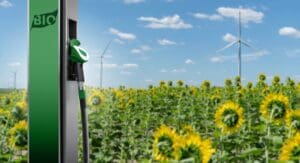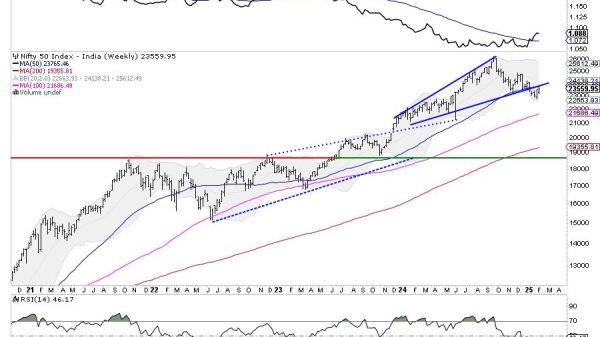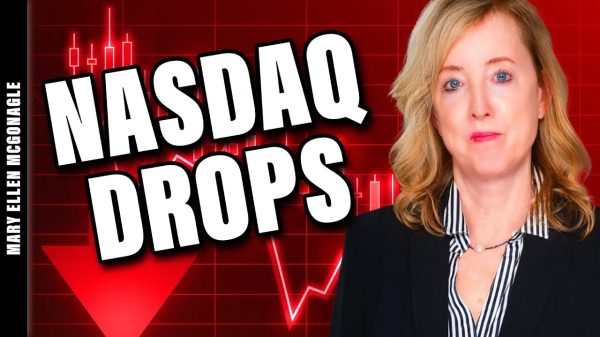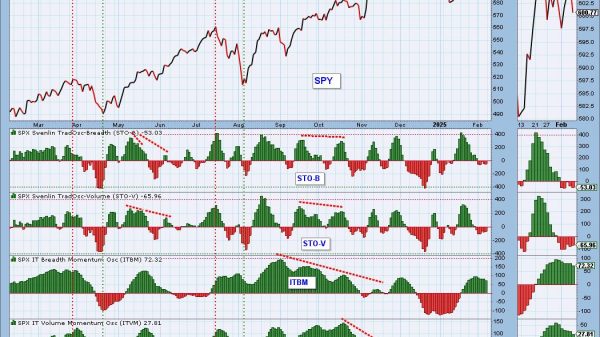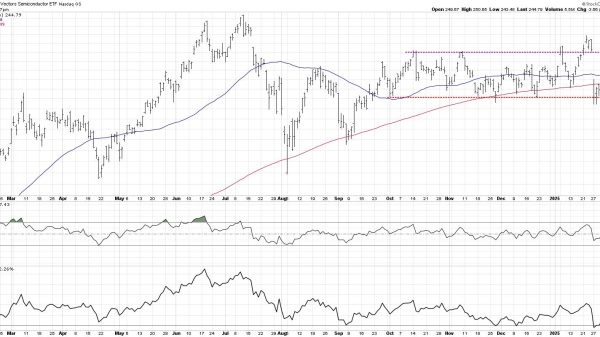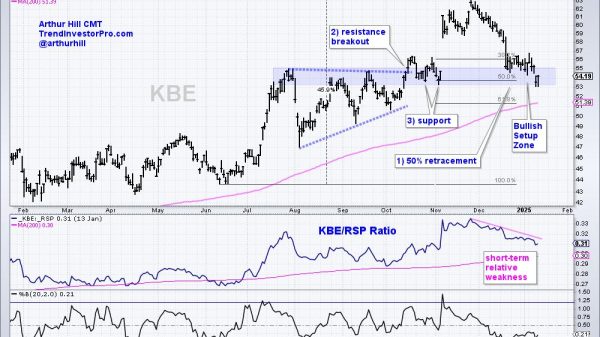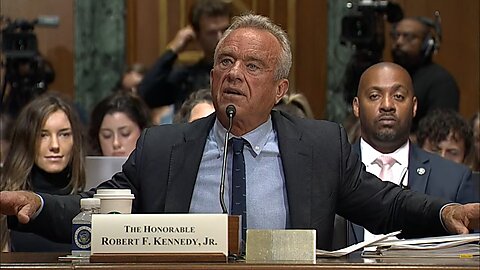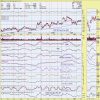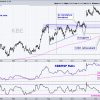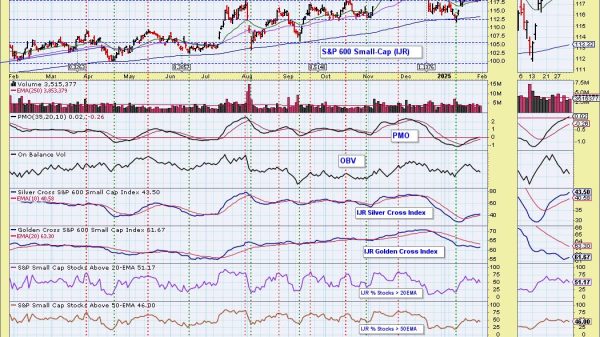
As the UK strives to achieve net zero, the biofuel sector serves as a crucial foundation for sustainable growth.
Fuel suppliers are required under the Renewable Transport Fuel Obligation (RTFO) to blend progressively larger amounts of low-carbon biofuels. In 2023, deliveries surged to 3.7 billion litres, a 10% year-over-year increase.
This policy framework has transformed waste streams, such as used cooking oil (UCO), into high-value feedstocks for renewable diesel and hydrotreated vegetable oil (HVO). In this rapidly evolving market, Alkagesta UK, the London arm of the Alkagesta company, is at the forefront of connecting green finance with circular-economy assets.
A Global Commodity Trading House Built for Sustainability
Alkagesta LTD Malta, founded in 2018, has grown into a global commodity trading house operating in 42 countries. Its network includes Alkagesta Malta, Alkagesta UK, and Alkagesta Singapore. All these are part of a tri-continental ecosystem connecting European finance, Asian feedstock supply, and global ESG governance.
The company builds reliable renewable fuel resources by collecting waste materials and setting up long-term purchase agreements. Every transaction is assured with traceable sourcing, risk management, and certification under the ISCC EU framework.
“Our clients value execution and trust. By linking Asia’s supply with European demand, we enable a sustainable global trading ecosystem,” says CEO of Alkagesta, Orkhan Rustamov.
Finance Meets Circularity
In London, Alkagesta UK structures capital flows for bio-feedstock ventures through institutional partnerships and private equity investment. The city’s status as Europe’s leading financial centre gives it access to banks, insurers, and ESG-focused funds seeking verifiable impacts.
ESG deal value was worth £71 billion in the UK in the first half of 2025, according to PitchBook. It’s clear evidence of investors’ demand for green assets. Alkagesta’s structured finance approach fills the gap between waste processors and capital markets, transforming biofuel projects into investment-grade opportunities.
Governance, Compliance, and Trust
Alkagesta’s strategic core is governance. Internal teams adhere to robust KYC, AML, and sanctions compliance procedures. The company uses counterparty screening tools such as World-Check and SeaSearcher to ensure complete supply-chain integrity. This commitment to transparency differentiates Alkagesta from traditional traders and builds confidence among financial institutions and regulators.
Circular Economy in Action
Alkagesta’s recycling operations collect and process UCO across Europe and Asia, recording a 39% year-over-year increase in collection points. Feedstock processed through Alkagesta’s network meets EU Renewable Energy Directive (RED III) criteria, enabling exports to European refineries for biofuel production. These initiatives demonstrate how structured growth and ESG governance impact climate.
Looking Ahead
Global demand for advanced biofuels is likely to grow by 20% by 2030. The UK combines policy support and financial expertise, which is a unique advantage. Alkagesta UK’s leadership in biofeedstock finance positions London as a key driver of the world’s sustainable trading ecosystem.
From Kitchen Waste to Global Capital
By integrating structured finance with commodity trading, Alkagesta Asia and its UK subsidiary are turning circular economy theory into practice. Waste is no longer a liability – it is a profitable asset class fuelling the energy transition and proving that sustainability and profitability can coexist.
Read more:
How Alkagesta UK Drives London’s Biofuel Revolution: From Waste to Global Capital



